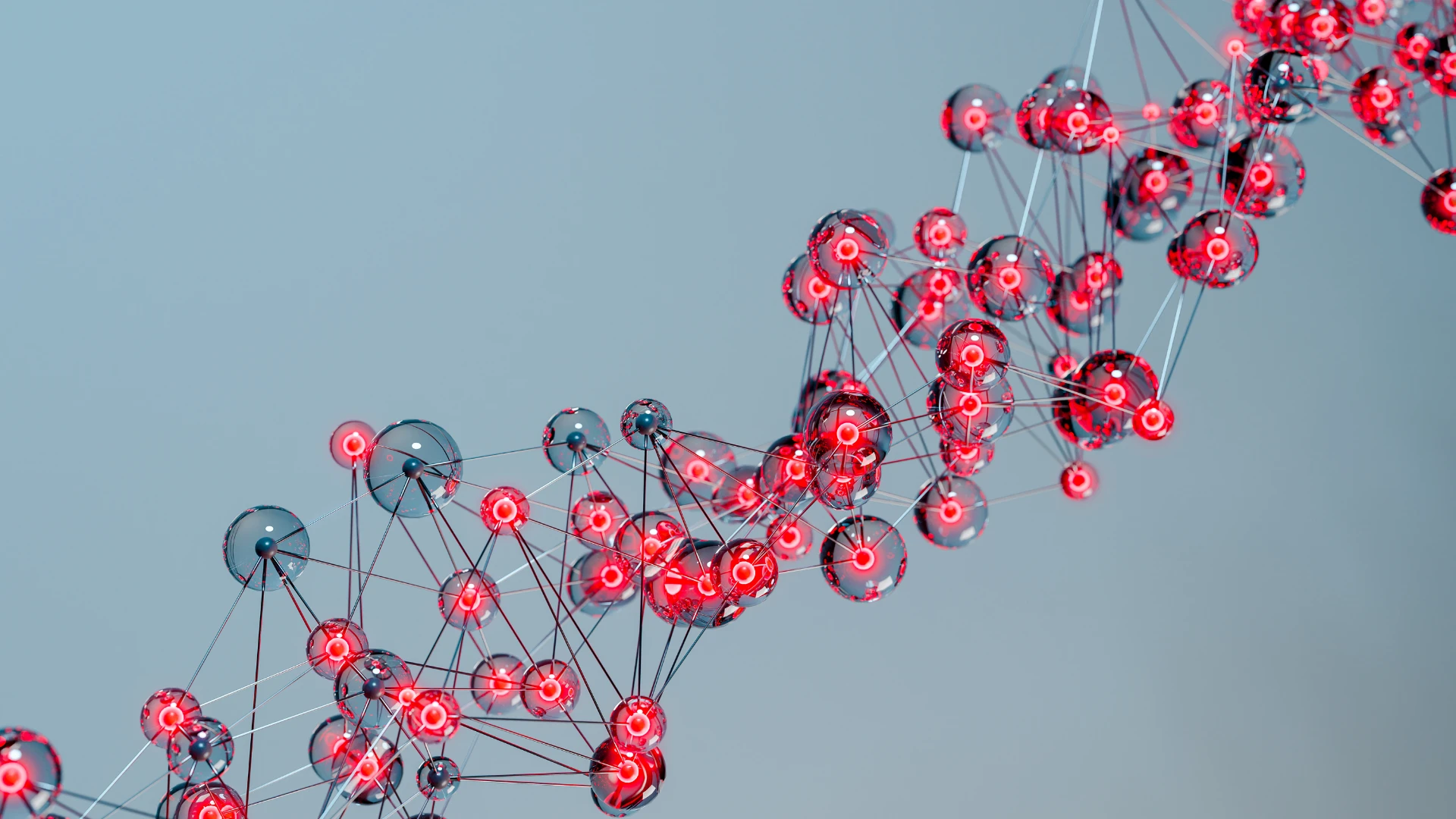
"Changing an organism's genome is a profound act, and the tools you use to make the changes don't alleviate the need for responsible regulation. Since bursting onto the scene in 2012, CRISPR technology has been used to modify dozens of species from bacteria to livestock to plants, and even human embryos. Many countries have put ethical guardrails in place to prohibit creating designer babies."
"Unlike "traditional" genetically modified organisms (GMO)-used since the 1990s to create Roundup Ready seeds and many other widely used products-editing doesn't involve inserting "transgenic" DNA from other organisms. Instead, it tweaks the genes that already exist. As such, proponents claim it's a safer approach: no Frankenfoods, just selective breeding on steroids. Following a massive industry lobbying campaign, such arguments have gained traction around the world."
CRISPR-based gene editing has been applied across bacteria, livestock, plants, and human embryos since 2012. Gene editing typically alters native genes rather than inserting transgenic DNA, prompting claims that it is safer than traditional GMOs. Agricultural gene-edited crops often face little regulatory oversight and can enter the food supply without labeling. Industry lobbying has advanced softer regulatory approaches in some regions. Europe is moving toward a two-tier system that treats gene-edited crops more leniently than traditional GMOs. U.S. policy has shifted, with exemptions granted and later struck down, returning to earlier regulatory frameworks.
Read at Fast Company
Unable to calculate read time
Collection
[
|
...
]